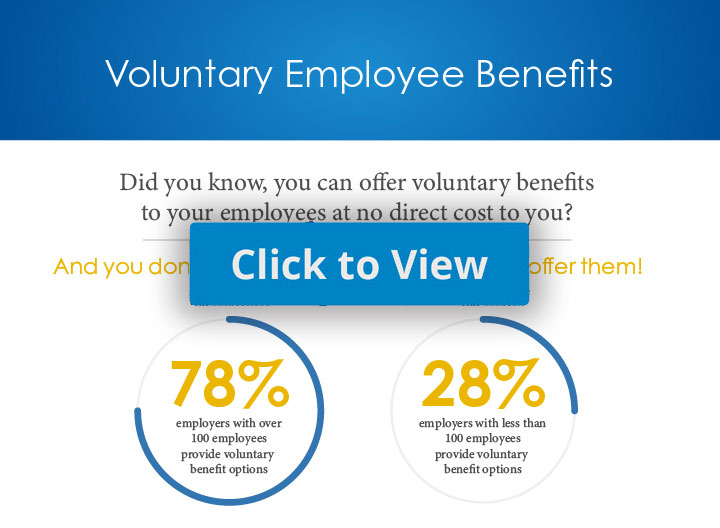Main Office 872 W Heritage Park Blvd, Suite 205 | Layton, Utah 84041 | (801) 546-6004
Farmington Location 1078 W Deer Clover St | Farmington, Utah 84025 | (801) 725-8182
Salt Lake City Location 913 W Baxter Drive | South Jordan, Utah 84095 | (801) 288-9700
St. George Location 2161 N Cascade Canyon Drive | St. George, Utah 84790 | (801) 814-4949

